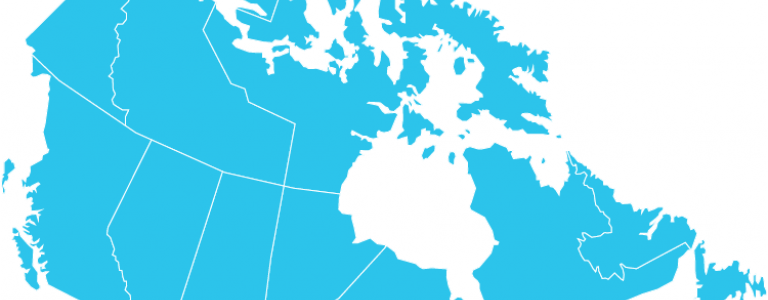Unpacking Canada's Fossil Fuel Subsidies
Oil, gas and coal are multi-billion-dollar industries, and every year fossil fuel companies get billions in tax breaks and handouts that increase their profits even further. This website was created to cut through the jargon, so you can understand what’s really happening, debate it, and propose solutions for Canadians and Canada’s economy.
Oil, gas and coal are multi-billion-dollar industries, and every year fossil fuel companies get billions in tax breaks and handouts that increase their profits even further.
In a world that’s shifting to clean energy, many of these subsidies don’t make sense, and they undermine climate change action. But taxes and subsidies are complicated. We designed this website to cut through the jargon, so you can understand what’s really happening, debate it, and propose solutions for Canadians and Canada’s economy.
Funded by
You might also be interested in
How Fossil Fuels Drive Inflation and Make Life Less Affordable for Canadians
New report takes closer look at how Canada’s dependence on fossil fuels impacts energy costs and prices of essentials such as transportation, home heating, and housing.
IISD Applauds Canada’s Reaffirmation to End Domestic Public Finance for Fossil Fuels in Budget 2024
Today's federal budget announcement delivers new measures to support affordability and reaffirms Canada’s commitments on climate action.
COP 29 Outcome Moves Needle on Finance
In the last hours of negotiations, concerted pressure from the most vulnerable developing countries resulted in an improved outcome on the finance target, with a decision to set a goal of at least USD 300 billion per year by 2035 for developing countries to advance their climate action.
COP 29 Must Deliver on Last Year’s Historic Energy Transition Pact
At COP 29 in Baku, countries must build on what was achieved at COP 28 and clarify what tripling renewables and transitioning away from fossil fuels means in practice.
